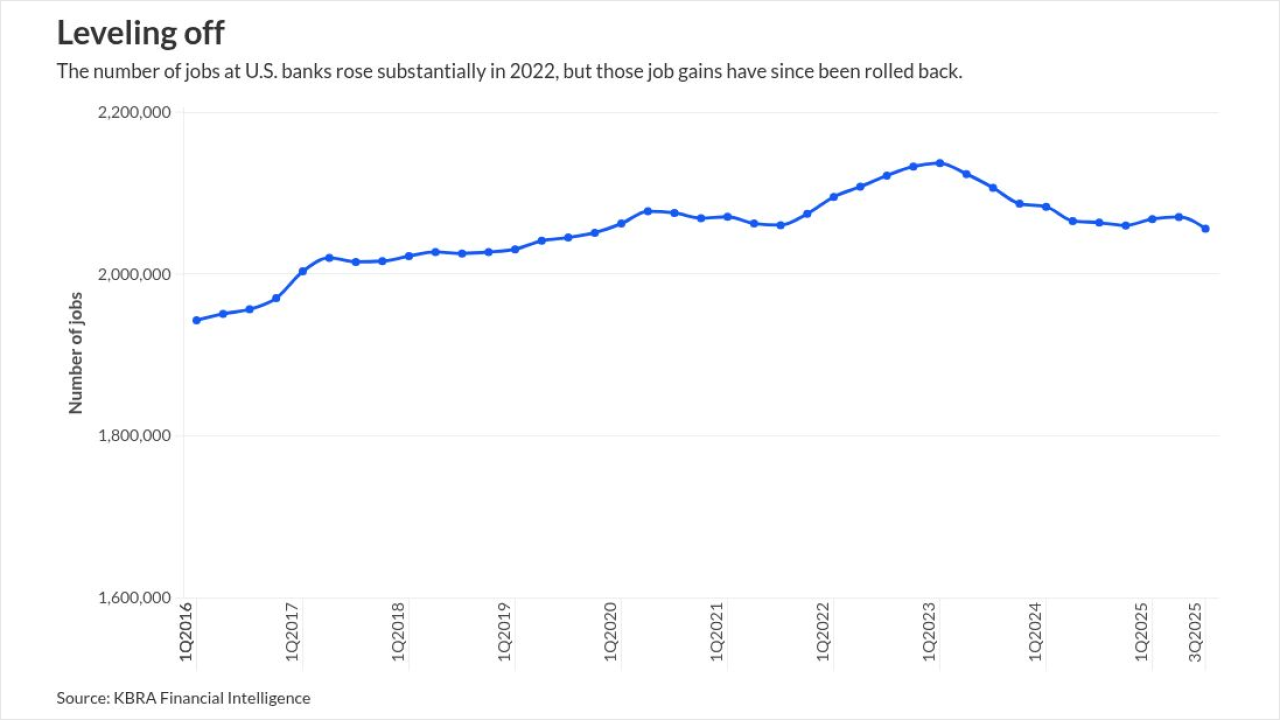Innovation in regulation once seemed like an oxymoron. But not anymore.
Recently, regulators globally are building innovation agendas partly though a new tool — hackathon events called “tech sprints.” The events allow companies to live-test an innovative product or service before regulators. The
Financial crime is widely seen as victimless. In reality, these activities generate unthinkable harm worldwide, financing terrorism and illegal trafficking in weapons, drugs, looted antiquities, endangered wildlife and human beings. About
The United Nations estimates that financial crime exceeds $1.6 trillion annually and that less than
The cause of this is simple: criminals use cutting-edge technology, and the forces arrayed against them do not. Criminals also can readily share information, disguising money by channeling it through multiple transactions, often on a global scale.
In contrast, the financial industry and law enforcement are constrained because sharing data widely could compromise the privacy of customers. This leaves anti-money-laundering efforts isolated from each other, caught in information silos from which large-scale crime networks are mostly invisible.
Technology can correct this imbalance. The U.K. Financial Conduct Authority (FCA) — which first launched the tech sprint format several years ago — this summer collaborated with the Alliance for Innovative Regulation to run a joint sprint in London and Washington to find better solutions.
Like traditional hackathons, regulatory tech sprints bring together subject matter experts and technologists to work in small teams to solve critical problems in a short burst of work, typically several days. The teams demonstrate these starter solutions to judges, who can include federal regulators. The winners sometimes advance into an incubator environment to develop real-world tools.
The first tech sprint in Washington was a step in the right direction for fostering such important new tools.
Participants included experts in financial crime regulation as well as computer engineers and designers from banks, fintechs and other firms. Three federal regulatory agencies — the Federal Deposit Insurance Corp., the Federal Trade Commission and the Consumer Financial Protection Bureau — placed people on five teams. Working with synthetic data, the groups competed for an opportunity to present their solutions to senior U.S. regulatory and law enforcement officials.
All the teams in the U.S. and U.K. sprint explored new privacy-enhancing technologies (PETs) that use machine learning to scan encrypted and anonymized data for transaction behavior patterns that match crime typologies. The customer identities are masked so information can be analyzed safely on a large-scale across companies, agencies and even countries without needing to be collected in centralized databases that might be vulnerable to hackers. If crimes are suspected, law enforcement can trigger due process steps to unmask identities and target scarce investigative resources.
These technologies also hold promise for protecting privacy in other realms. For example, in an alcohol purchase the seller doesn’t actually need to know a customer’s birth date, much less all the information on a driver’s license.
The merchant only needs verification that the buyer’s age exceeds the legal threshold. A phone-based digital ID could enable this, keeping all other information private.
The Washington event aimed to familiarize regulators with sprints as a technique for high-tech regulatory problem solving. It attracted scores of government and industry leaders, including 65 regulators from 16 federal agencies. It also included FDIC Chairman Jelena McWilliams as keynote speaker and a judge in the competition.
The U.S. Assistant Treasury Secretary Marshall Billingslea also streamed a speech from London, announcing plans for a Treasury Department tech sprint next year.
Further, the five competing teams in Washington demonstrated their solutions to the Financial Crimes Enforcement Network after the sprint, and will also present to bank regulatory leaders.
The impact of this tech sprint in the U.S. is just the beginning. Multiple U.S. agencies and associations are now exploring the sprint concept for tackling a range of regulatory challenges.
The CFPB has also issued a
Collaborative efforts such as these allow for real, workable solutions for the industry and regulators to capture ever-evolving criminal activity. Let’s not stop here.





